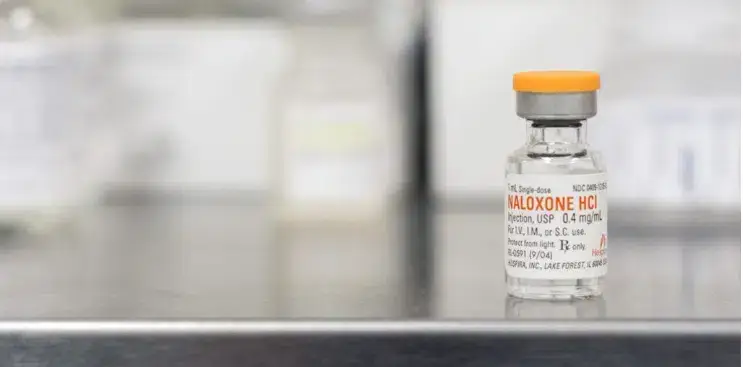
Many in the public have negative perceptions of addiction, namely, that it happens because people lack willpower or that it indicates a moral failing of some kind. These and other misconceptions about addiction may be preventing people from getting the treatment they need for their addictions.
The newest research has classified addiction as a disease–a medical condition–rather than a mental or moral condition. Brain chemistry and genetics are major factors in what causes some people to become addicts while others do not. When you believe you have a medical disease, you seek treatment. But are you as likely to ask for help handling something that you think is a moral failing or weakness on your part?
These perceptions are ingrained in people from a very young age and are difficult to change. In one study, 44 percent of those surveyed said that substance abuse happened because of a lack of willpower and 32 percent said it was because of bad parenting or a character flaw. These perceptions persist even as more than half of those surveyed agreed that addiction was a disease or medical condition, showing that people’s perceptions are more complex than might at first be expected.
Willpower and making effective choices are part of an addict’s recovery process, but it is important to realize that these realities do not negate the fact that addicts have different brain chemistry and genetics that explain their addictions, and should inform the treatment methods used. The use of medications and methods that reduce the harm from drug use are legitimate treatment methods that have helped many people overcome their addictions.
This Season, Give Yourself the Gift of a Fresh Start.
Whether you are struggling with addiction, mental health or both, our expert team is here to guide you every step of the way. Don’t wait— reach out today to take the first step toward taking control of your life.
Denying Effective Treatments Because of Perceptions
Governments are looking for ways to craft policies that help those with drug problems, but are overlooking some effective treatments because of negative perceptions that they might be condoning drug use. Studies of needle exchanges and safe injection sites indicate that they protect drug users against overdoses and diseases that can come from unsafe practices.
Experts in the field call programs like these harm reduction practices, but many in the general public see them as encouraging or condoning drug use and think they should not be used or allowed. While some municipalities have put needle exchanges in place and are now considering starting safe injection sites, leaders of many other localities have rejected these treatments because of the negative perceptions about them.
Other treatments that have been rejected or adopted reluctantly amid controversy include the use of Narcan (naloxone) to reverse opioid overdoses and maintenance medications like methadone and suboxone to help those addicted to opioids. While no one would argue against taking medications or other lifesaving procedures for conditions like heart disease, cancer, or diabetes, many people hold addiction to a different standard.
Colorado addiction treatment resources are available through The Recovery Village at Palmer Lake. Do not let addiction stigma stop you from getting the help you need. Contact us today to access quality care!







